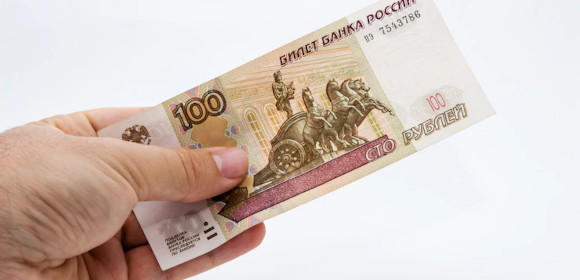In today’s fast-paced world, managing our finance planner effectively is crucial for our financial well-being. With so many financial transactions happening on a daily basis, it can be challenging to keep track of our expense transaction and income transaction. However, with the help of a money tracker, managing our finances has become easier than ever before.
One of the main benefits of using a money tracker is that it provides us with a clear and accurate picture of our financial health. We can see how much we are spending on different categories such as grocery list, transportation, entertainment, and more. This allows us to identify areas where we are overspending and make adjustments to our budget samples accordingly.
10+ Money Tracker Samples
1. Money Tracker
2. Money Fund Tracker
3. Money Flow Tracker
4. Bank Money Tracker
5. Monthly Money Tracker
6. Federal COVID-19 Money Tracker
7. Pocket Money Tracker
8. Weekly Money Tracker
9. Money Tracker Worksheet
10. Money Tracker Agreement
11. Money Tracker Template
What is Money Tracker?
A money tracker is a tool or software that helps you keep track of your income, expenses, and overall financial transactions. It helps you monitor your spending habits and helps you make better financial decisions by providing you with insights into where your money is going.
How To Make Money Tracker?
Another benefit of using a money tracker is that it can help us save money. By monitoring our expenses, we can identify areas where we can cut back on unnecessary expenses and save money for our financial goals. For instance, if we notice that we are spending too much money on eating out, we can plan to cook more meals at home and save money on restaurant mobile bills. Making a money tracker is not a complicated task list, and there are several ways to create one depending on your needs and preferences. Here are some steps to help you create a basic money tracker:
Step 1- Choose Platform
You can create a money tracker using a spreadsheet program such as Microsoft Excel or Google Sheets, or use a dedicated money management app or software. Start by creating categories for your expenses and income. Some examples of categories could include rent/mortgage quote request, utility expense management, groceries, transportation, entertainment, and more.
Step 2- Set-up Columns
In your spreadsheet or app, set up columns to record the date of the transaction, the category, the amount spent/received, and any notes you want to add. Start recording your financial transactions as they occur. Be sure to record the date, category, amount, and any notes that will help you remember the transaction.
Step 3- Calculate Totals
Use formulas to calculate the totals for each category and for your overall income and expenses. This will help you track your spending habits and identify areas where you can save money. Use your money tracker to set financial goals such as paying off debts, saving for a down payment on a house, or building an emergency fund. Then, track your progress toward these goals by regularly updating your tracker.
Step 4- Analyze Data
Analyze your data periodically to identify trends and make adjustments to your budget. For example, if you notice that you are overspending in one category, you may need to adjust your budget or find ways to cut back on expenses in that area.
How do I use a money tracker?
To use a money tracker, you’ll need to input your income and expenses, categorize them, and regularly update your tracker. You can use a spreadsheet program or a dedicated money management app or software to do this.
Is it safe to use a money tracker app?
Money tracker apps are generally safe to use, but it’s important to make sure that you choose a reputable app that uses secure encryption methods to protect your financial data. Be sure to read the app’s privacy policy and terms of service before using it.
Do I need to pay for a money tracker app?
There are both free and paid money tracker apps available. Some apps may offer more advanced features and require payment, while others offer basic features for free. It’s important to consider your budget and financial goals before choosing an app.
In conclusion, a money tracker is an essential tool for managing our finances effectively. It allows us to track our income and expenses, monitor our spending habits, save money, and plan for our financial future. By using a money tracker, we can take control of our finances and achieve our financial goals.
Related Posts
FREE 10+ Debt Tracker Samples in PDF
FREE 4+ Anxiety Tracker Samples in PDF
FREE 10+ Income Tracker Samples in PDF
FREE 10+ Medication Tracker Samples in PDF
FREE 10+ Attendance Tracker Samples in PDF
FREE 10+ Progress Tracker Samples in PDF
FREE 10+ Savings Tracker Samples in PDF
FREE 10+ Brand Tracking Samples in PDF
FREE 10+ Goal Tracker Samples in PDF | MS Word
FREE 10+ Habit Tracker Samples in PDF
FREE 10+ Sales Tracker Samples in PDF
FREE 10+ Affiliate Tracking Samples in PDF
FREE 4+ Donation & Fundraiser Tracker Samples in PDF
FREE 10+ Expense Tracker Samples in PDF | MS Word
FREE 2+ Discounts And Coupons Tracker Samples in PDF
